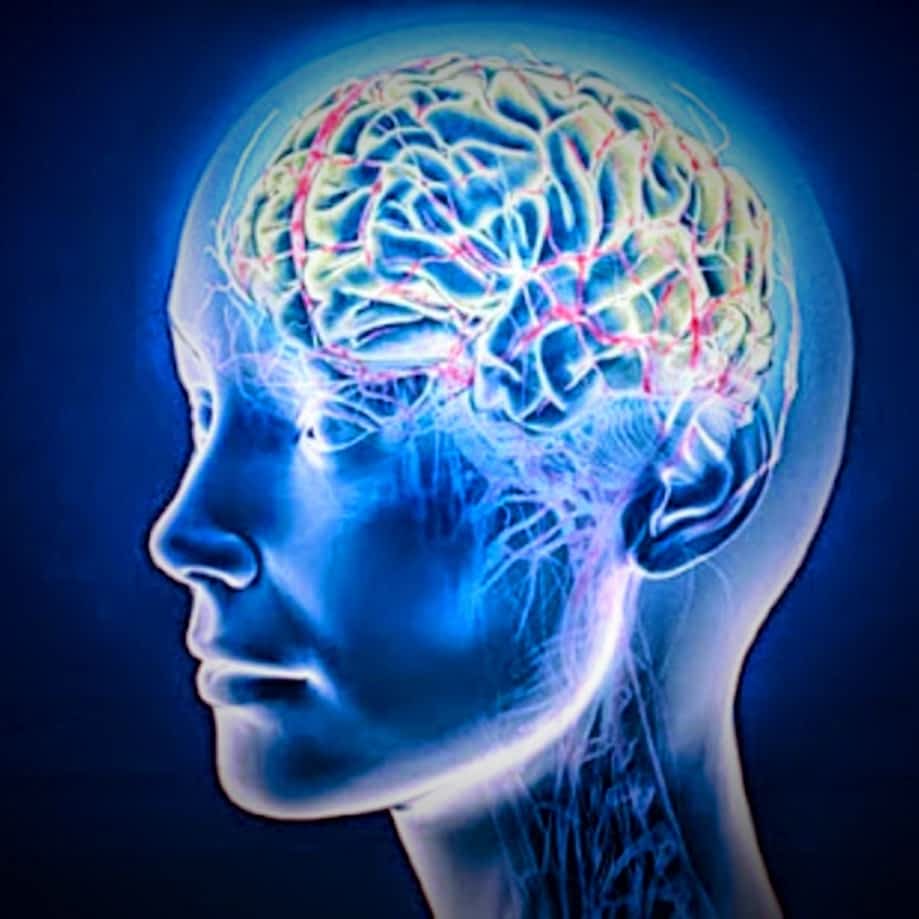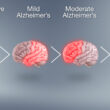Diagnosis of Alzheimer’s Disease
Cracking the Code: Alzheimer’s Disease Diagnosis and Evaluation
Alzheimer’s disease (AD) is a neurological disorder that worsens over time and gradually robs people of their independence, memory, and cognitive abilities. Although there isn’t a single, conclusive test, a thorough diagnostic process is essential for precise identification and prompt treatment. This blog post clarifies the steps involved in identifying and evaluating Alzheimer’s disease.
Table of Contents

The Diagnostic Process: An Integrated Method
Diagnosis of Alzheimer’s Disease
It takes a team of medical experts, including neurologists, geriatricians, and psychologists, to diagnose Alzheimer’s. There isn’t just one test, but rather a set of evaluations targeted at:
- Getting a thorough medical history: This entails learning about the person’s past and present illnesses, prescription drugs, and dementia in the family.
- Examining mental state: This includes measuring cognitive abilities using memory tests, language proficiency assessments, and problem-solving exercises.
- Examining the patient: physically and neurologically can help rule out other medical diseases that could be mimicking the symptoms of Alzheimer’s.
Instruments for Cracking the Code: Methods of Diagnosis
Diagnosis of Alzheimer’s Disease
The following instruments could be used in the diagnostic process:
- Neuroimaging: Methods such as computed tomography (CT) scans and magnetic resonance imaging (MRI) can be used to detect patterns of brain shrinkage linked to Alzheimer’s disease.
- PET (Positron Emission Tomography) scans: These scans are useful for evaluating brain activity and detecting distinctive alterations in the concentrations of particular proteins linked to the pathology of Alzheimer’s disease.
- Laboratory investigations: Blood tests can be used to rule out thyroid issues or vitamin deficiencies, two other medical diseases that may present with similar symptoms.
Lumbar Puncture: A More Surgical Alternative
Diagnosis of Alzheimer’s Disease
A spinal tap, sometimes referred to as a lumbar puncture, may be considered in certain situations. During this process, a tiny sample of the cerebrospinal fluid (CSF) that surrounds the brain and spinal cord is taken. Certain proteins, such as tau and beta-amyloid, which may be increased in Alzheimer’s disease, are examined in the CSF.
It’s crucial to remember that this is a more invasive technique and could not always be advised for diagnosis.
Early Diagnosis Is Crucial: A Window of Opportunity
Diagnosis of Alzheimer’s Disease
Although Alzheimer’s has no known cure, receiving a diagnosis early on has some advantages:
- Treatment options availability: Drugs can help control symptoms and halt the course of a disease, enhancing quality of life.
- Organising for the future: Making educated decisions on future care and living arrangements is facilitated by early diagnosis for both individuals and their families.
- Research study participation: Patients in the early stages of a condition may be qualified to take part in clinical trials for novel drugs and therapies.
- Beyond Diagnosis: Evaluation for Continued Care Evaluation continues after a diagnosis. Continuous assessments are essential for:
- Track the development of your symptoms: This allows you to modify your care strategies and treatment plans as necessary.
- Analyse functional abilities: Determining the degree of support required at home or in a care facility is made easier by evaluating daily living skills.
- Preserve emotional well-being: Coping and general well-being depend on addressing possible emotional difficulties that the patient and carers may encounter.
Diagnosis of Alzheimer’s Disease
A comprehensive treatment plan that adjusts to the evolving demands of the Alzheimer’s patient is developed through these continuous evaluations.
The Path Ahead: Obstacles and Progress
Diagnosis of Alzheimer’s Disease
Alzheimer’s disease diagnosis is still a developing field. Despite the effectiveness of current approaches, research is ongoing in:
- Creating novel biomarkers: Finding more precise and non-invasive illness markers may help with early and simpler diagnosis.
- Genetic testing: Studying the genetic component of Alzheimer’s disease may result in more specialised treatments and possible methods for predicting the disease’s risk.
These developments could lead to earlier and more accurate diagnoses in the future, which could lead to better therapies and, eventually, an Alzheimer’s disease cure.
In Summary: Getting Advice
Diagnosis of Alzheimer’s Disease
It is important to see a healthcare provider if you or a loved one has worrisome symptoms. When it comes to managing the illness and making future plans, an early diagnosis can make all the difference. People with Alzheimer’s disease and their families can travel this road with knowledge, support, and hope for future breakthroughs if they receive a thorough diagnosis and ongoing evaluations.


